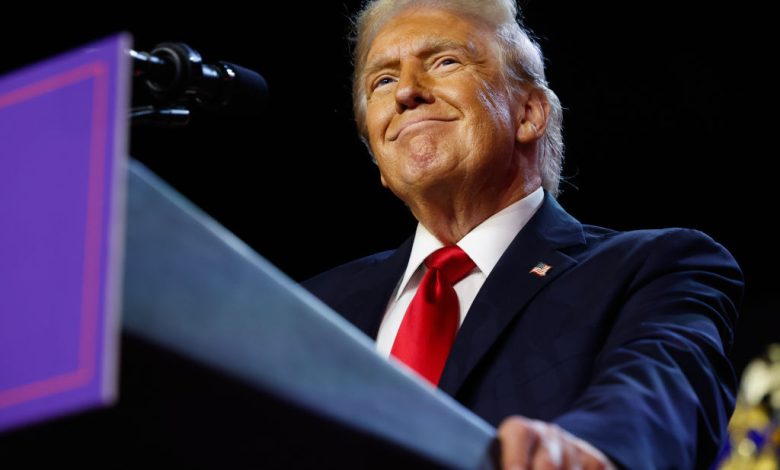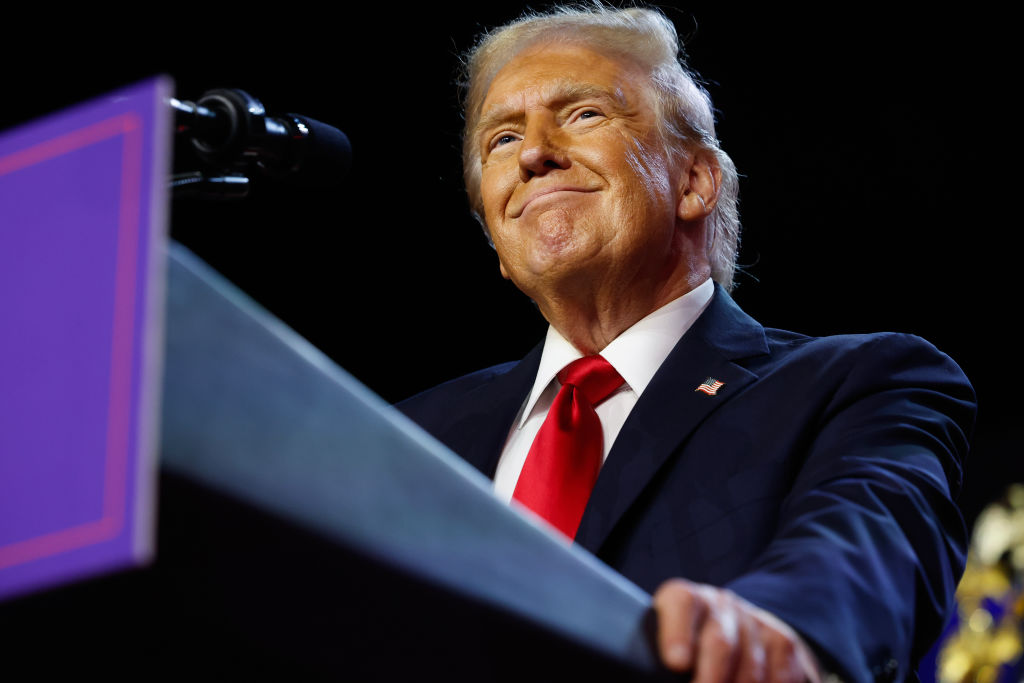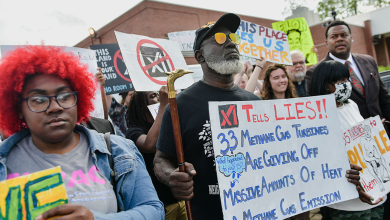Op-Ed: Donald Trump’s First 100 Days Sent The Tech Industry Into Survival Mode


Editorial Note: Opinions and thoughts are the author’s own and not those of AFROTECH™.
The culture and energy of the tech industry has changed overnight. The industry once stereotyped as a bastion of liberalism, which has a history of backing more liberal candidates in presidential elections, has changed. This all became more apparent during the 2024 presidential election between Kamala Harris and now President Donald Trump. During the election, the industry was split in a way that felt unprecedented to those who had been in the industry for the past 20 years. When Trump was first elected to office, his presidency appeared to be one that the industry would resist, given his first term as president as well as his 2020 campaign. He had policy views and beliefs that were against what the tech industry stood for, specifically around the topics of immigration, social media moderation, and climate change. What we saw leading up to the 2024 presidential election was not only less resistance to Trump but an embrace of him and what he could mean for the tech industry. Many saw his potential administration as one that would embrace free market capitalism, which would help improve the drought of IPOs and companies being bought — something the industry had been dealing with since 2022. The tech industry believed that Trump, given his time as a businessman, would end up making decisions and staffing his cabinet with people who are beneficial for tech, especially with his budding relationship with Elon Musk.
What has happened in practice is that the new Federal Trade Commission chair appointee Andrew Ferguson, who overseas the IPO and M&A business environment, holds similar views to the previous FTC chair, Lina Khan, someone known for scrutinizing the power of Big Tech. As reported by Bloomberg, Ferguson said he has the resources to take on Big Tech.
Not only have Trump’s appointees not been favorable to the tech industry but his policies have not either. Trump has had an adversarial relationship with immigration since his first administration, which was put on display when he implemented travel bans that were primarily targeted at Muslim countries — Trump and his aides referred to it as a Muslim ban. He implemented travel bans on 13 countries during his first administration, and it looks like his second presidency may be on track to do more.
As reported by The New York Times, a draft list of over 43 countries facing possible travel bans has surfaced, and countries are grouped under three tiers — red, orange, and yellow — which represent the type of ban each country would face. If a country is in the red category, it would face an outright ban, orange means that visas will be heavily restricted, and yellow means the country has 60 days to address concerns. The scale of Trump’s bans is escalating and impacts the industry in a material way, given how much of the tech industry, from founders to investors and employees, have immigrant backgrounds.
The form of immigration that the tech industry is most concerned with being impacted is that of highly skilled immigrants who use the H1-B visa program to enter the U.S., which has given the American tech industry access to the technical brainpower needed to push the industry forward. As reported by AP, the H1-B topic has caused division amongst the Republican party’s tech and non-tech supporters. Those within the industry see the H1-B visa as a necessary mechanism to keep the U.S. competitive as a place of innovation, while detractors see it as a way for companies to pay foreign employees less than they would American employees, which makes it harder for Americans to compete for jobs within the industry. While this issue has subsided from the forefront of online discourse within the party, another issue has taken over their attention, and that is the issue of tariffs.
Trump is no stranger to tariffs. During his first administration, he imposed tariffs on goods such as steel, aluminum, solar panels, and washing machines, which got little to no attention from those in tech because it did not affect the industry directly. However, this time around, he has put tariffs on friends and foes, creating a volatile business environment, and that volatility can be seen in the stock market.
As reported by Fortune magazine, companies like Klarna and StubHub that were expected to launch an IPO this year have put their plans on ice due to what is happening in the stock market. The lack of stability from the Trump administration has caused investors and founders to be much more conservative on how they invest their capital, which creates fewer opportunities for everyone.
What people in tech desperately wanted to believe was that if Donald Trump came back into office, he would create an environment that would make it easier for acquisitions and investing to take place in a way that Kamala Harris would not. After years of turmoil and turnover within the industry, people wanted something different. What they are learning is that something different is not always something good.




